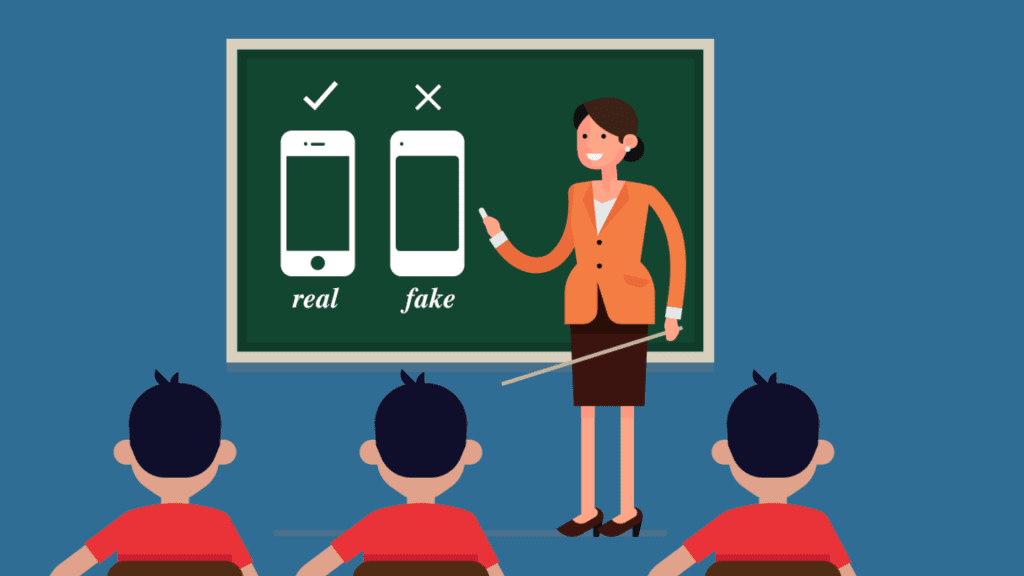Understanding your ideal customer is one of the core pieces of the jigsaw in the ever-changing environment of business and marketing. Identifying and engaging with the correct audience is critical for every company that wants to succeed and expand.
The Importance of Product Education

Effective product education is more than just marketing; it’s about empowering consumers with the knowledge they need to make informed choices. Here’s why it’s essential:
- Reduce Uncertainty: When consumers understand your product or service thoroughly, they are less likely to have reservations or uncertainties about its value.
- Boost Confidence: Educated customers have greater confidence in their purchasing decisions, leading to increased trust in your brand.
- Minimize Returns and Complaints: Proper product education can help prevent misunderstandings and dissatisfaction, leading to fewer returns and complaints.
- Differentiation: Highlighting the unique features and benefits of your offering through education can set you apart from competitors.
Strategies for Effective Product Education

- Create Comprehensive Product Documentation
Develop detailed product documentation that includes user manuals, how-to guides, FAQs, and troubleshooting resources. Make these materials easily accessible on your website and within the product’s packaging.
- Leverage Visual Content
Use visuals such as images, infographics, and videos to explain how your product works and its benefits. Visual content is often more engaging and easier to understand than text alone.
- Implement Interactive Tutorials
Create interactive tutorials or onboarding sequences for complex products or software. These step-by-step guides can help users get started and feel confident in using your product.
- Host Webinars and Workshops
Organize webinars or workshops where you can provide in-depth information about your product, answer questions in real-time, and demonstrate its value to attendees.
- Engage in Content Marketing
Develop a content marketing strategy that includes blog posts, articles, and case studies that showcase the benefits and use cases of your product. Optimize this content for relevant keywords to improve SEO.
- Customer Support and Training
Offer customer support channels and training programs that cater to customers’ needs. Ensure that your support team is knowledgeable and responsive.
- User-Generated Content
Encourage satisfied customers to share their experiences and insights about your product through reviews, testimonials, and user-generated content. This adds authenticity to your product education efforts.
- Personalized Recommendations
Leverage customer data to provide personalized product recommendations and usage tips based on individual needs and preferences.
- Highlight Success Stories
Share success stories and case studies that demonstrate how your product has helped customers solve real-world problems or achieve their goals.
- Feedback Loops
Create feedback loops that allow customers to provide input and suggestions for product improvements. Show them that you value their insights.
- Measure and Iterate
Use analytics and feedback data to assess the effectiveness of your product education efforts. Adjust your strategies based on the insights you gather.
Educating consumers about your product is a continuous process that requires dedication and creativity. By creating comprehensive documentation, leveraging visual content, hosting webinars, and engaging in content marketing, your business can successfully unveil the unknown and empower consumers to make informed decisions. Effective product education not only boosts confidence and minimizes uncertainty but also fosters trust and loyalty among your customer base. So, embark on the journey of product education today, and watch your customers become more than buyers—they become informed advocates for your brand.



